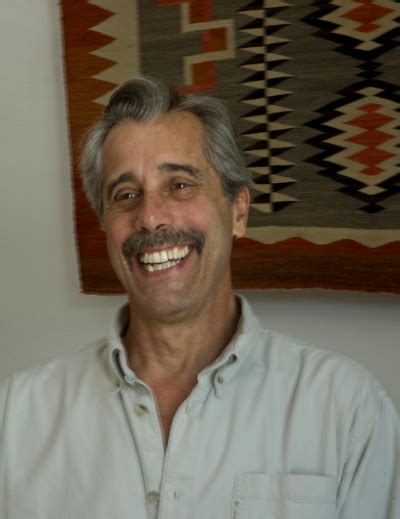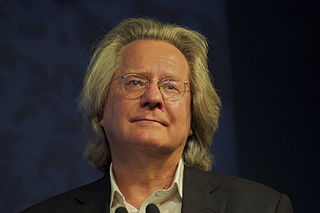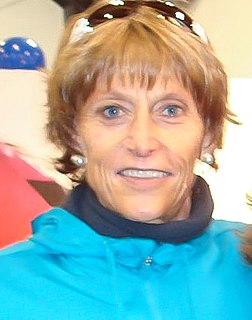A Quote by Richard Louv
Research suggests that exposure to the natural world - including nearby nature in cities - helps improve human health, well-being, and intellectual capacity in ways that science is only recently beginning to understand.
Related Quotes
As the nature deficit grows, another emerging body of scientific evidence indicates that direct exposure to nature is essential for physical and emotional health. For example, new studies suggest that exposure to nature may reduce the symptoms of Attention Deficit Hyperactivity Disorder (ADHD), and that it can improve all children's cognitive abilities and resistance to negative stresses and depression.
It is my fundamental conviction that compassion - the natural capacity of the human heart to feel concern for and connection with another human being - constitutes a basic aspect of our nature shared by all human beings, as well as being the foundation of our happiness. All ethical teachings, whether religious or nonreligious, aim to nurture this innate and precious quality, to develop it and to perfect it.
Understanding human nature must be the basis of any real improvement in human life. Science has done wonders in mastering the laws of the physical world, but our own nature is much less understood, as yet, than the nature of stars and electrons. When science learns to understand human nature, it will be able to bring a happiness into our lives which machines and the physical sciences have failed to create.
The leading edge of the best science in the world is being driven by private money, and investment money because of the scarcity of government money to do this. It's not only by far the best and most advanced science, we're driving the equation at Human Longevity that everyone else is beginning to follow as well.
If everything that is happening in the world is traceable to our inability to understand what is happening in the world. If there is such a thing as original sin, it's the human capacity to get everything wrong, right from the beginning and all the way up to now, and that's what the old storytellers have been telling us, including the Creek Indians who told this story along with every other tribe on earth.
In addition to the well-known benefits of health and well-being derived from exercise, there are other unique advantages to being a runner. You are more attuned to not only your body but also the world around you. The outdoor life you lead as a runner gives you a special relationship with your surroundings: nature, the climate, the seasons. As you depend on these things to accommodate your activity, you grow to understand and appreciate them.
Medicine is the science by which we learn the various states of the human body in health and when not in health, and the means by which health is likely to be lost and, when lost, is likely to be restored back to health. In other words, it is the art whereby health is conserved and the art whereby it is restored after being lost. While some divide medicine into a theoretical and a practical [applied] science, others may assume that it is only theoretical because they see it as a pure science. But, in truth, every science has both a theoretical and a practical side.
































